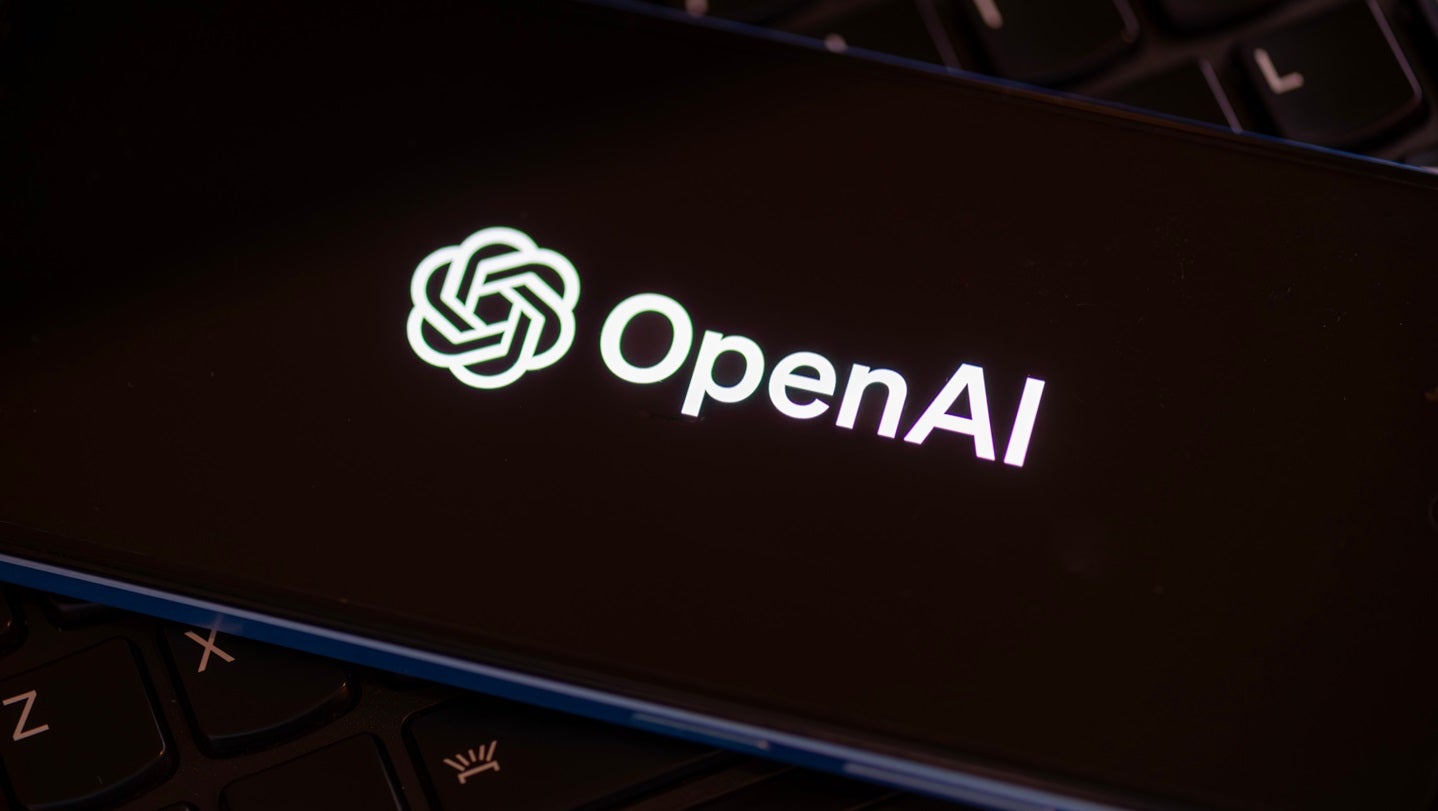
Indian book publishers and their international partners have filed a copyright lawsuit against OpenAI in New Delhi, alleging misuse of proprietary content, reported Reuters citing a representative.
The case, which was filed in December 2024, alleges OpenAI, an AI research company backed by Microsoft, of improperly accessing proprietary content for its ChatGPT chatbot.

Access deeper industry intelligence
Experience unmatched clarity with a single platform that combines unique data, AI, and human expertise.
The Federation of Indian Publishers, representing a coalition that includes Penguin Random House, Bloomsbury, Cambridge University Press, and Pan Macmillan, as well as Indian publishers Rupa Publications and S.Chand and Co, has filed a lawsuit at the Delhi High Court.
The federation’s legal action seeks to address concerns that OpenAI’s ChatGPT chatbot has been using copyrighted material without permission.
Despite the allegations, OpenAI has maintained that its AI systems are designed to make fair use of publicly available data.
The Indian federation’s filing in December, reviewed by Reuters, claims to have “credible evidence/information” that OpenAI has utilised their literary works to train ChatGPT.

US Tariffs are shifting - will you react or anticipate?
Don’t let policy changes catch you off guard. Stay proactive with real-time data and expert analysis.
By GlobalDataThe matter was initially reviewed by a court registrar in New Delhi, who, on 10 January 2025, instructed OpenAI to respond to the allegations.
The case is set to be heard by a judge on 28 January.
The Federation general secretary Pranav Gupta was cited by the news agency as saying in an interview about the lawsuit: “Our ask from the court is that they should stop (OpenAI from) accessing our copyright content.
“In case they don’t want to do licensing with us, they should delete datasets used in AI training and explain how we will be compensated. This impacts creativity.”
In November last year, Indian news agency ANI sued OpenAI in Delhi, accusing it of using ANI’s content without permission to train ChatGPT.
However, OpenAI responded on 10 January with an 86-page filing at the Delhi High Court, addressing ANI’s demand to delete its data from ChatGPT.
OpenAI has argued that complying with an order to delete training data would conflict with its US legal obligations and that Indian courts lack jurisdiction since its servers are not located in India, reported the news agency.
However, the federation contends that OpenAI’s provision of services in India should subject the company to Indian copyright laws.







